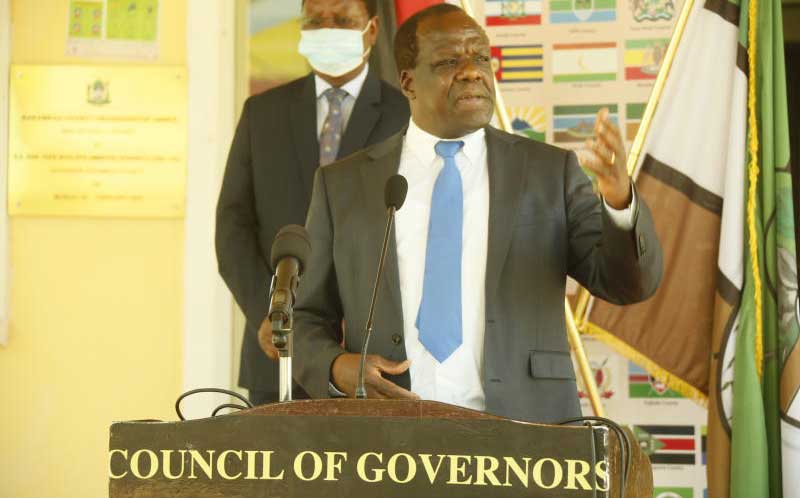×
The Standard e-Paper
Join Thousands Daily

Council of Governors chair Wycliffe Oparanya addresses the media at Kakamega County headquarters on September 4. He warned counties may have to shut down within two weeks. [Benjamin Sakwa, Standard]
The deadlock over the division of county revenue before the Senate is yet to be unlocked.